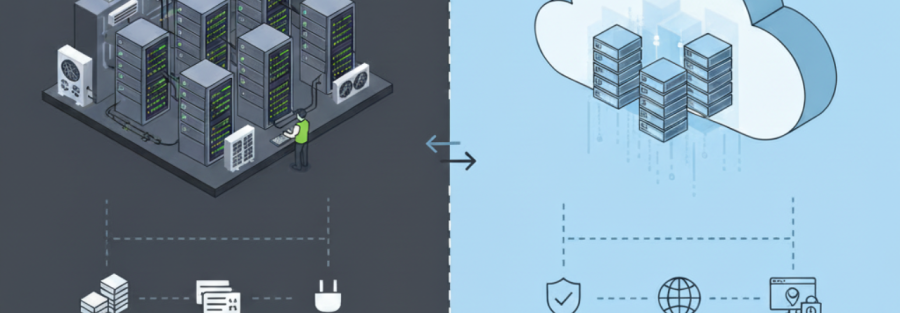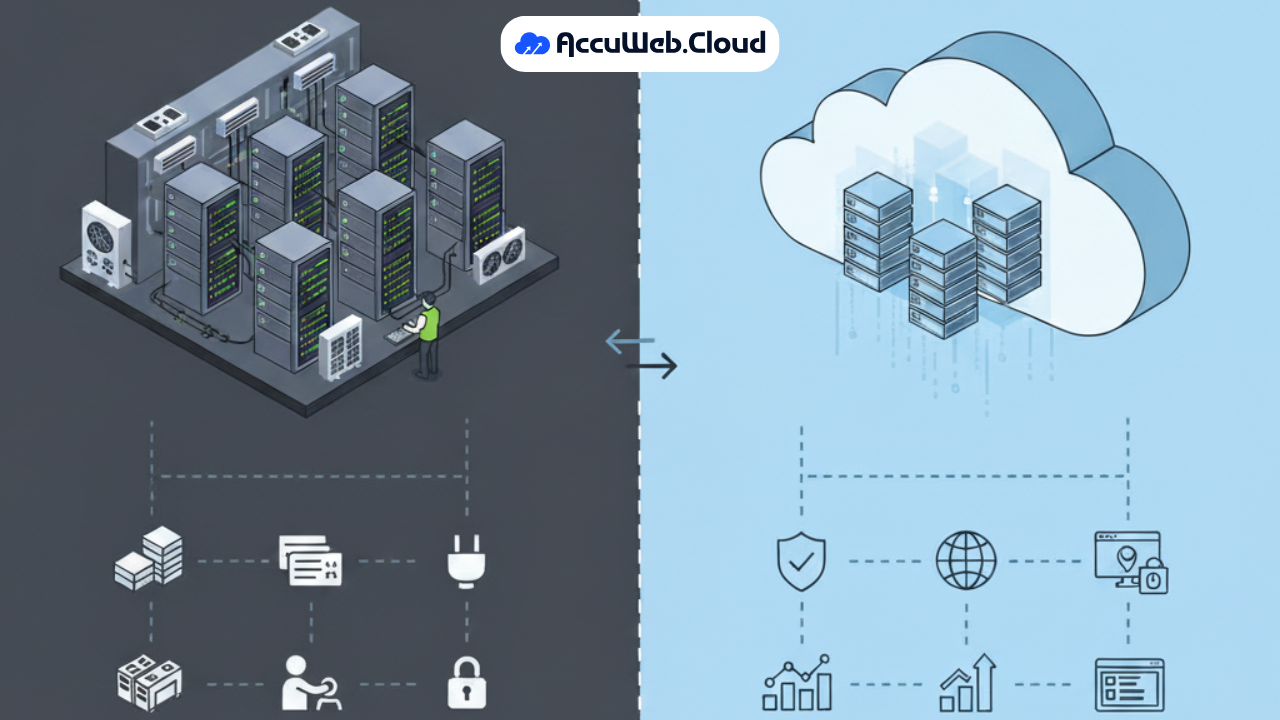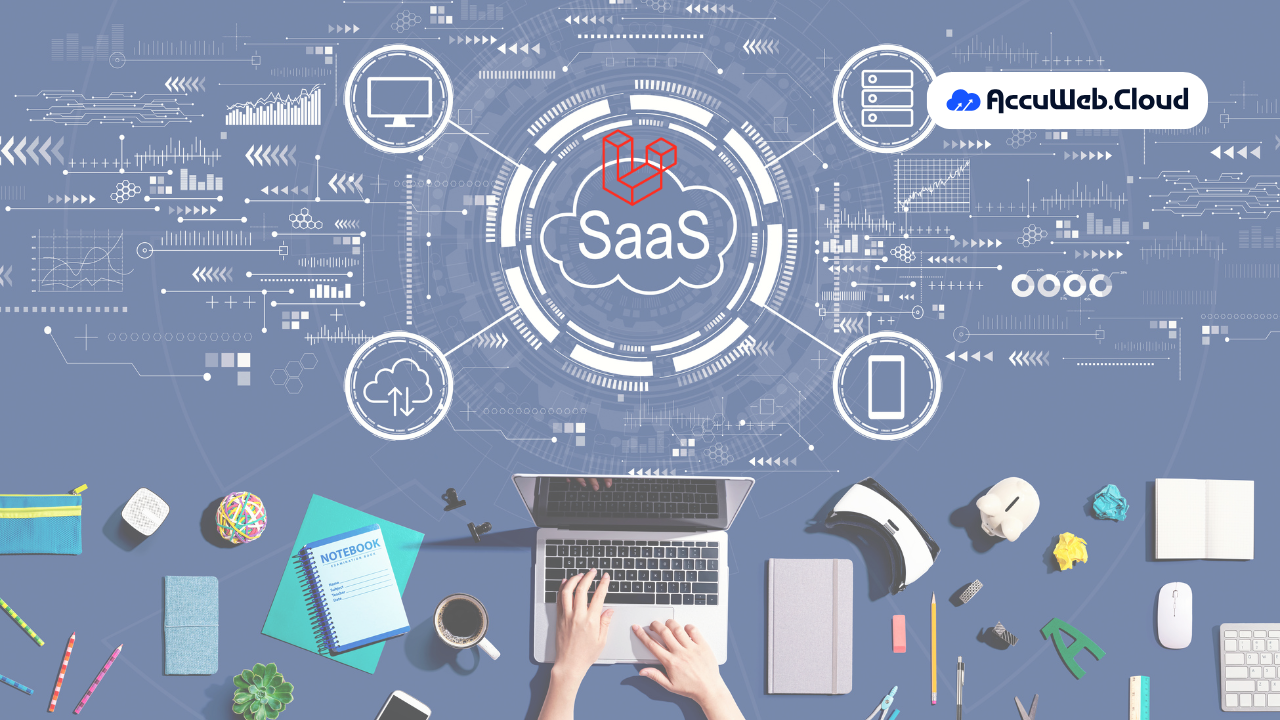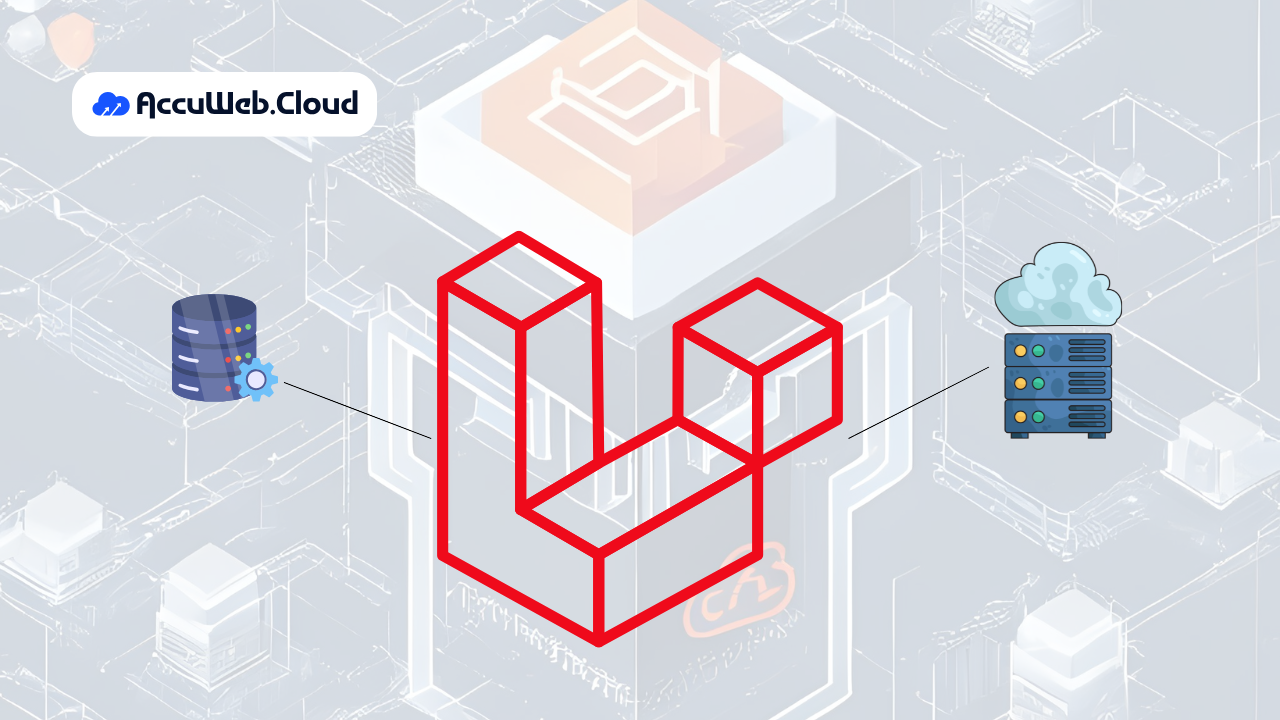Data Center vs Private Cloud: What’s the Difference?
Every modern organization runs on data. As teams grow and operations scale, managing that data efficiently becomes a challenge. That’s why businesses often turn to data centers or private clouds to store, process, and secure their critical information.
At first glance, the two might sound similar but they serve different purposes. A data center is a physical facility housing servers, storage systems, and networking equipment. On the other hand, a private cloud is a virtualized environment that delivers cloud services (like storage, computing, and applications) exclusively for one organization, often built on top of data center infrastructure.
Choosing between the two depends on your business needs: cost, scalability, security, compliance, and performance. Understanding how they differ can help you decide whether your company should stick with traditional data centers, move to a private cloud, or combine both in a hybrid setup.
What is a Private Cloud?
A private cloud is a super secure space for storing and managing data. It’s known for being more secure than public clouds because it has protection measures like private hosting and firewalls. It’s very unlikely for outsiders to break through the security. Inside this private cloud, a business’s essential data stays unchanged and isn’t changed.
Sometimes, people use terms like “business cloud” or “internal cloud” instead of “private cloud.” A private cloud is a private network only for a chosen group of users. Examples of private clouds include Ubuntu, the HP data center, Elastra Private Cloud, and Microsoft.
Private clouds are super strict about security, and only authorized users from the business can access them. They might cost a bit more than public clouds because they focus on ensuring no one can hack in. But the level of security and privacy they provide is unmatched. So, spending more money on a private cloud is a good investment.
In a private cloud, there are specific places where users can do different tasks, and certain actions outside of the system are not allowed. Managing a private cloud is a bit complex, so a skilled team is needed to make changes and keep it running smoothly.
What is a Data Center?
A data center is like a big group of connected computers businesses use to store data and run applications. It’s usually in a building or between buildings and has different parts like switches, servers, routers, storage systems, firewalls, and application delivery controllers.
Features of a Data Center
A data center resembles a computer located at the organization’s premises, storing the software and applications in close proximity to the organization. Only the organization can access the data, making it more secure than the cloud. Developers in the organization take care of the data, and they’re trained to handle any tech changes. The servers in data centers cost a lot to set up, unlike internet-based cloud computing.
Types of Data Centers
There are different types of data centers:
Telecom Data Center: It is run by telecom companies and needs a fast connection to work.
Enterprise Data Center: Owned by a company, it may or may not be on its premises.
Colocation Data Center: Owned by one company but cools servers for different businesses.
Hyperscale Data Center: Owned and run by the same organization that owns the business.
Comparing Private Clouds and Data Centers
Private Clouds and Data Centers are alike in several ways:
-> Both let users store and access their data.
-> Trained IT professionals to manage private clouds by service providers and data centers by developers.
-> Both serve one user – private clouds for a single client and data centers for one company.
-> Both show advancements in technology and offer opportunities for businesses.
Differences between Private Cloud and Data Center
Here’s a simple comparison between a Private Cloud and a Data Center:
| Basis of Comparison | Private Cloud | Data Center |
| Location | A private cloud is somewhere away, not at the organization’s place, and you access it through the Internet. | On the other hand, a data center is right at the organization’s place because the applications are close by. |
| Scalability | Making a bigger private cloud is easy and doesn’t need much money. | But a data center is not accessible to make bigger, and it needs a big investment in servers. |
| User-friendliness | A private cloud is simple and easy to understand, even if you’re not a pro. | But the design of a data center is not simple; it’s something only developers can get. |
| Structure | It’s like a virtual system and doesn’t need extra physical space. | Takes up physical space in the organization’s main facility. |
| Maintenance | The service provider takes care of maintenance. | The organization’s IT staff handles maintenance. |
| Source of Data | Gathers data from the Internet. | Collect or store data specific to the owning company. |
| Cost | It’s less expensive because it’s designed for one company. | It is expensive as it’s meant to hold data for one company at a time |
| Security | Not recommended for critical projects. | Recommended for critical projects. |
| Availability | Immediately available after subscription. | It takes time to set up and is not easily accessible after subscription. |
| Performance and Reliability | Depends on the cloud provider’s performance. | Highly dependent on the organization’s performance. |
Conclusion
Organizations and businesses must have both, whether it’s a private cloud or a data center. For example, websites, web apps, software, and machine learning programs need a cloud service to work correctly.
A private cloud is like a facility that lets you access and share data on the Internet. Alternatively, a data center serves only one company, providing an exclusive network tailored to its specific needs.
People Also Ask(And You Should Too!)
1. What is the main difference between a data center and a private cloud?
A data center is a physical facility that stores servers, networking equipment, and IT infrastructure, while a private cloud is a virtualized environment that delivers cloud services (storage, computing, and apps) dedicated to a single organization.
2. Is a private cloud hosted inside a data center?
Yes. A private cloud usually runs on top of data center infrastructure. It can be hosted in your company’s on-premises data center or in a third-party colocation facility.
3. Which is more secure: data center or private cloud?
Both can be secure if managed properly. Data centers give full control over physical hardware, while private clouds add layers of encryption, virtualization, and access control. Many businesses prefer private clouds for advanced security and compliance.
4. Which option is more cost-effective?
Data centers involve higher upfront costs (buying servers, power, cooling, and staff). Private clouds, though still an investment, usually reduce long-term costs with better scalability, automation, and resource optimization.
5. Can I use both a data center and a private cloud?
Yes. Many businesses adopt a hybrid model, using a private cloud for scalable workloads and keeping mission-critical applications in their own data center.
6. When should a business choose a private cloud over a data center?
A private cloud is ideal if your business needs:
- High scalability and flexibility
- Faster deployment of applications
- Advanced security and compliance
- Reduced IT maintenance overhead

Jilesh Patadiya, the visionary Founder and Chief Technology Officer (CTO) behind AccuWeb.Cloud. Founder & CTO at AccuWebHosting.com. He shares his web hosting insights on the AccuWeb.Cloud blog. He mostly writes on the latest web hosting trends, WordPress, storage technologies, and Windows and Linux hosting platforms.











